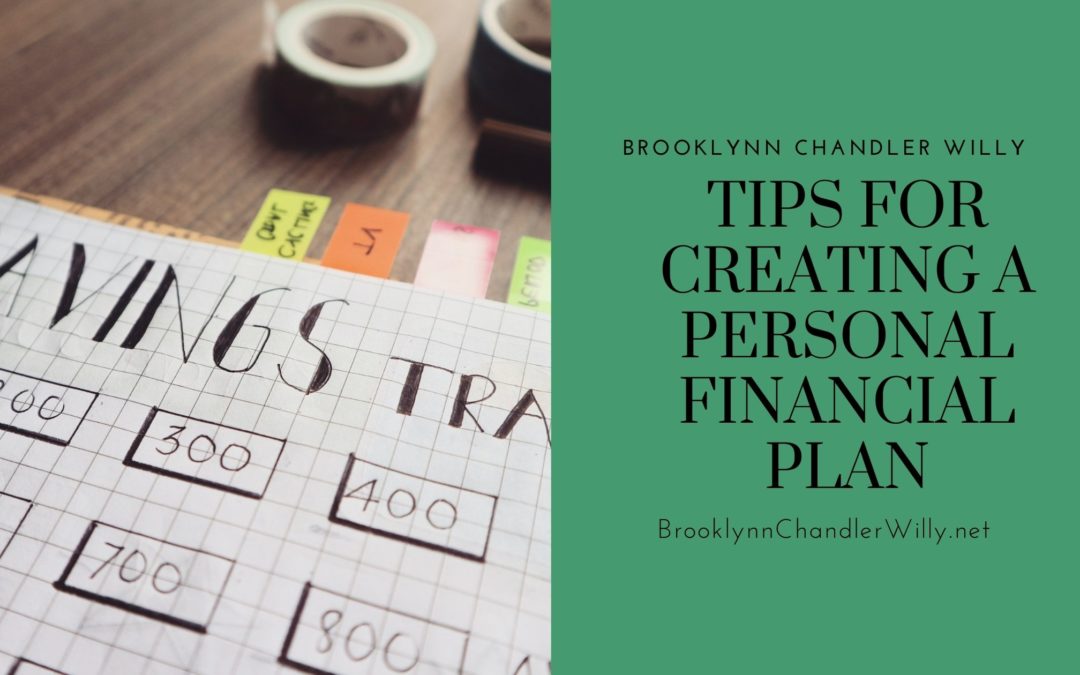Creating a personal finance plan is critical if you want to achieve financial security. Without a plan, you risk uncertainty that you otherwise shouldn’t have if you want to be financially stable. Thankfully, you won’t be the first to want to set a plan up—plenty of people have done so in the past, and plenty more will come after you with the same goal in mind. Because of this, there are countless strategies available to follow thanks to experts in the field. Here are a few of them.
Track Your Money
The most important thing you can do is track where your money is going. Doing this will allow you to create a budget based on your spending, saving, and monthly income. Your budget doesn’t have to be complicated, either—all you need to do is track your expenses and income and update it weekly in a way that works for you (on a spreadsheet, in a planner, etc.). Once you have this figured out, you’ll be able to figure out your future financial plans much better than you would otherwise.
Set Goals For Yourself
With a budget in place, you can then start to look to the future and figure out what goals you have for yourself. Figuring out these goals will help you create a plan to help you achieve them, starting with an emergency fund. Life doesn’t always go to plan, after all, and you’ll want to have a cushion to catch you in the event you fall into an emergency financial situation.
Whatever goals you decide, make sure they’re specific and detailed; if you want to get a house, figure out when you want your mortgage paid off. If you want to start investing, figure out how much you want to have invested by a certain time. If you want to create a college fund for your children, figure out how much that might cost and how you can start saving now. All of these are important and specific enough to achieve reasonably.
Start Saving Now
Once your goals are set, you’ll need to start saving for them immediately, not five years down the road. The larger your goals are, the more money you’ll want saved to accomplish them, so saving is crucial to actually do these goals. You can save in one of two ways: cutting your expenses or increasing your source of income. No matter which direction you choose, put the extra money toward your savings account so you can actually accomplish what you’re setting yourself up for in the future.
This blog/website is only made available for educational purposes. It is designed to give visitors general information and a general understanding of select financial topics. It is not intended to provide specific financial or investment advice. Conduct your own due diligence or consult a licensed financial advisor/broker before making any and all financial/investment decisions

